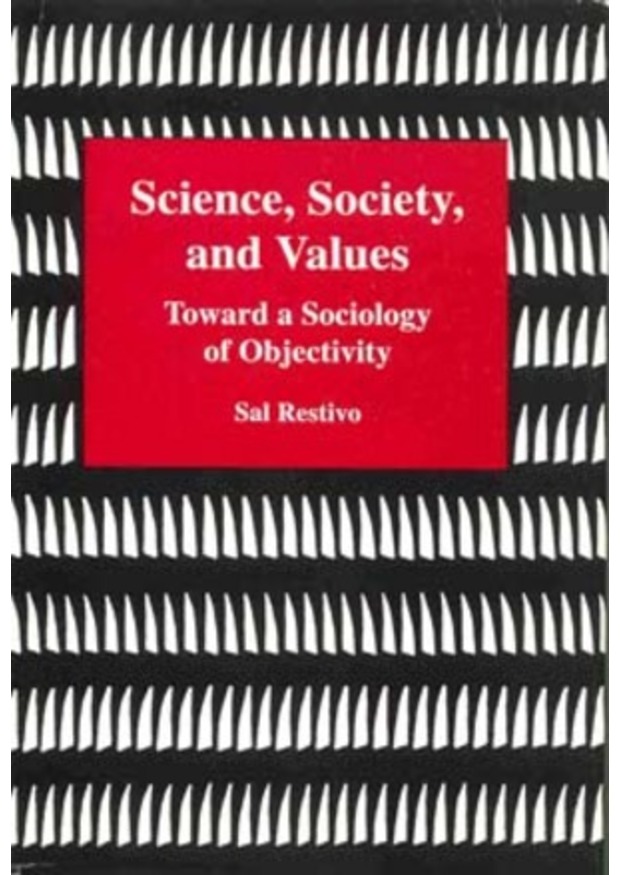Toward a Sociology of Objectivity
This book covers some of the major contributions Sal Restivo has made to the sociology of science over the past twenty years. His work has been guided by three agendas to develop a sociological theory of science and scientific knowledge to use the sociology of science as a vehicle for developing a sociology of objectivity and to explore the relationships between science, objectivity, and human values. He has tried in his career and, specifically, in this volume to understand science without accepting the culture of science uncritically.
In his introduction, Restivo provides a view of the sociology of science from his perspective as a working sociologist of science. He sketches the sociology of science landscape and provides some preliminary indications of why a critical sociology of science is needed. Then, showing the influence of classical social theorists such as Marx, Durkheim, and Nietzsche, and later theorists such as G. H. Mead and C. W. Mills, he writes on the scientific revolution using a human ecology approach, science and progress, the science machine i.e., industrialized science, the anthropology of science, science policy, and epistemology. His substantive concerns lead directly to his proposal in the concluding chapter for a sociology of objectivity.
In chapter 2, Restivo argues for a conception of the scientific revolution as an organizational and institutional revolution. This is crucial for understanding the authors claim in chapters 3 and 4 that modern science is a social problem, and his later claims about scientific knowledge as a social construction. There, the author begins to unfold a defense of anarchy in society and inquiry. In chapter 5, Restivo shows how his early study of visiting foreign scientists in America raised the question of ideology in science for him. He concludes the chapter by underscoring the results of the socalled "laboratory studies," in particular the suspension of a host of conventional dichotomies such as socialtechnical, factartifact, and internalexternal. Chapter 6 then examines issues of science policy and scientific validity from a sociology and anthropology of science perspective. The concept of a critical sociology of science is linked to the program for developing what Marx called a "human science." The final chapter includes a section on the sociology of mathematics, an area Restivo has pioneered in.s claim in chapters 3 and 4 that modern science is a social problem, and his later claims about scientific knowledge as a social construction. There, the author begins to unfold a defense of anarchy in society and inquiry. In chapter 5, Restivo shows how his early study of visiting foreign scientists in America raised the question of ideology in science for him. He concludes the chapter by underscoring the results of the socalled "laboratory studies," in particular the suspension of a host of conventional dichotomies such as socialtechnical, factartifact, and internalexternal. Chapter 6 then examines issues of science policy and scientific validity from a sociology and anthropology of science perspective. The concept of a critical sociology of science is linked to the program for developing what Marx called a "human science." The final chapter includes a section on the sociology of mathematics, an area Restivo has pioneered in.













